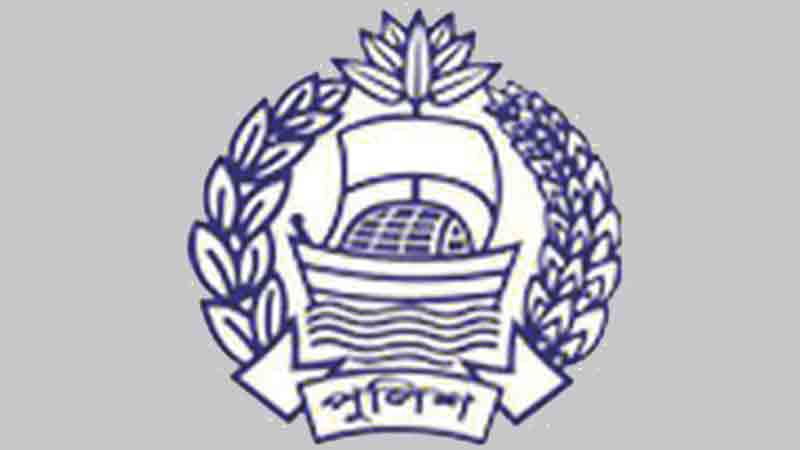Law on cards for more discipline in police

Forty-four years after the promulgation of an ordinance, the government is now going to enact a new law — The Police Officers (Special Provisions) Act — to bring more discipline and dynamism in the police force. The Public Security Division of the home ministry has already prepared a draft act, which is now being studied by the authorities concerned, sources in the division said. After scrutinising the draft, it would be sent to the ministries and departments concerned for their opinions, the sources said, adding that it would follow a final draft on the issue. The draft law provides for action against police officers found guilty of offences like misconduct, dereliction of duty, acts of cowardice and moral turpitude, corruption or having a persistent reputation of being corrupt, subversive activities or association with persons or organisations engaged in subversion, desertion or unauthorised absence from duty without reasonable grounds and inefficiency as a whole.
Under the proposed law, police officers may be dismissed or removed or discharged from service, forced to go on compulsory retirement, demoted to a lower rank, if charges are proved. Not only incumbent police officers but also probationers would come under the purview of the law once enacted.
Subsection 1 of Clause 6 of the draft law says, “When a police officer is to be proceeded against any of the offences concerned, the authorities concerned shall frame a charge and specify therein the penalty proposed to be imposed and communicate it to the police officer, hereinafter called the accused, requiring him to show cause within a specified time, which shall not be less than seven
days and not more than 10 days from the date of the charge has been communicated to him why the penalty proposed to be imposed on him shall not be imposed and also to state whether he or she desires to be heard in person.”
“After consideration of the cause shown, if any, under Subsection (1) and hearing the accused in person, if he/she so desires, the authorities concerned find the accused guilty of the charge, or, if no such cause is shown within the specified time, the authorities concerned shall, within 21 days of the cause shown, or, as the case may be, on the expiry of the said time, by notice specifying the penalty proposed to be imposed, require the accused to show cause within a specified time, which shall not be less than seven days nor more than 10 days from the date of service of the notice asking why the proposed penalty shall not be imposed on him,” Subsection 2 of Clause 6 of the draft law states.
“If after consideration of the cause shown, if any, under Subsection (2), or, where no such cause is shown within the specified time, the authorities concerned decide to impose any penalty on the accused, it shall, within 15 days of the showing of the cause or, as the case may be, on the expiry of the said time, impose on him or her the penalty specified in the notice under subsection (2) or any other lesser penalty,” says Subsection 3 of Clause 6 of the draft.
About the appeal, Section 7 of the draft law says, “A police officer on whom a penalty has been imposed under Section 6 may, within seven days of the receipt of the order of punishment, appeal against the order to the appellate authorities concerned specified in Column 3 of the schedule, who shall, within 45 days of the date of receipt of the appeal, communicate to the appellant his decision which shall be final.”
On revision and review, Section 8 of the draft law says, “Notwithstanding anything contained in Section 7, the government may, upon an application made to it by an aggrieved police officer or on its own motion, within one month from the date of making of a decision by an appellate authority under that section, (a) revise such decision, if made by an appellate authority other than the government; (b) review such decision, if made by it as an appellate authority.”
Talking to The Independent, a high official of the Public Security Division said the proposed act is going to be enacted to maintain discipline in the police force.
“It will replace the current ordinance promulgated on November 8, 1975,” the official said.
Sources in the Police Headquarters said the police authorities were getting a lot of complaints including those of bribery, harassment, torture and extortion against their members. The complaints were being filed to the ‘IGP Complain Monitoring Cell’ by e-mails, text messages, and phone calls.
On average, over 12,000 police personnel are handed punishment every year on various charges including misconduct and corruption, according to sources.
Currently, there are about 2,12,000 police personnel working in the police department.
Source: www.theindependentbd.com
